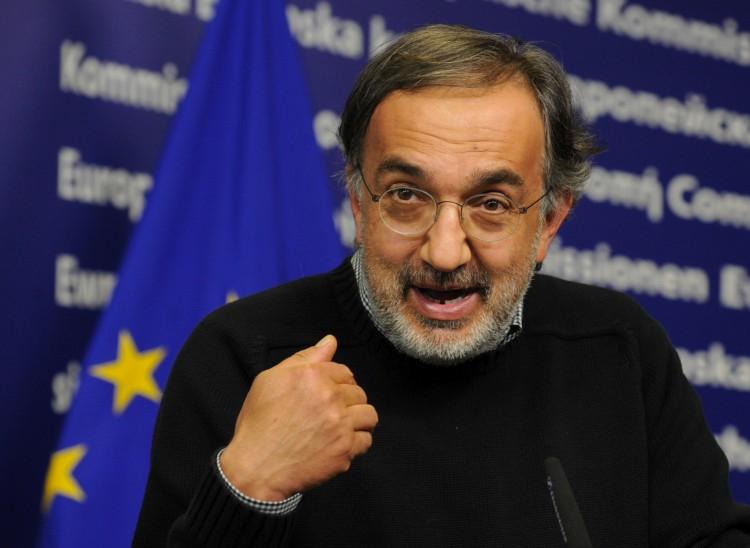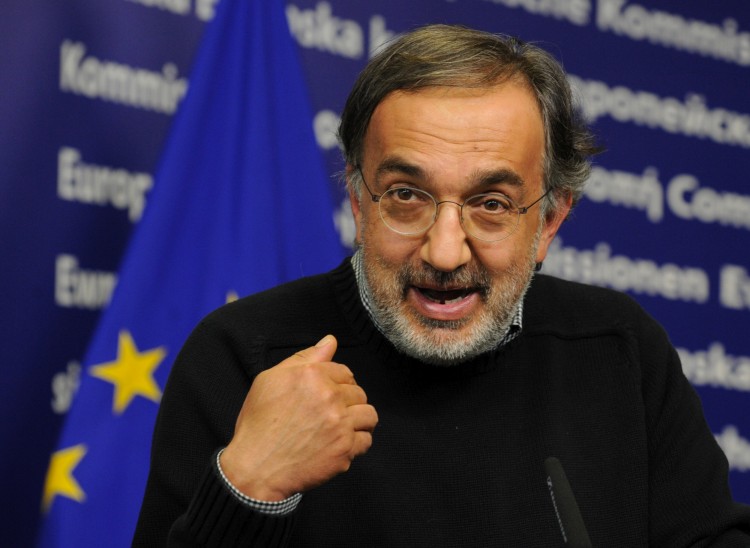Unnamed sources said that Fiat CEO Sergio Marchionne envisions a merger between Fiat, General Motors German unit Opel, and French automaker Peugeot–Citroen, according to a Newsweek report.
“The European car market is a disaster. It has plunged off a precipice that doesn’t seem to have bottomed out yet. The prospects are anything but rosy,” Marchionne told Reuters in September.
According to Newsweek sources, in early October he approached GM and Peugeot executives with the plan to merge the three companies. All three are struggling with their European operations and need to cut costs and increase innovation.







